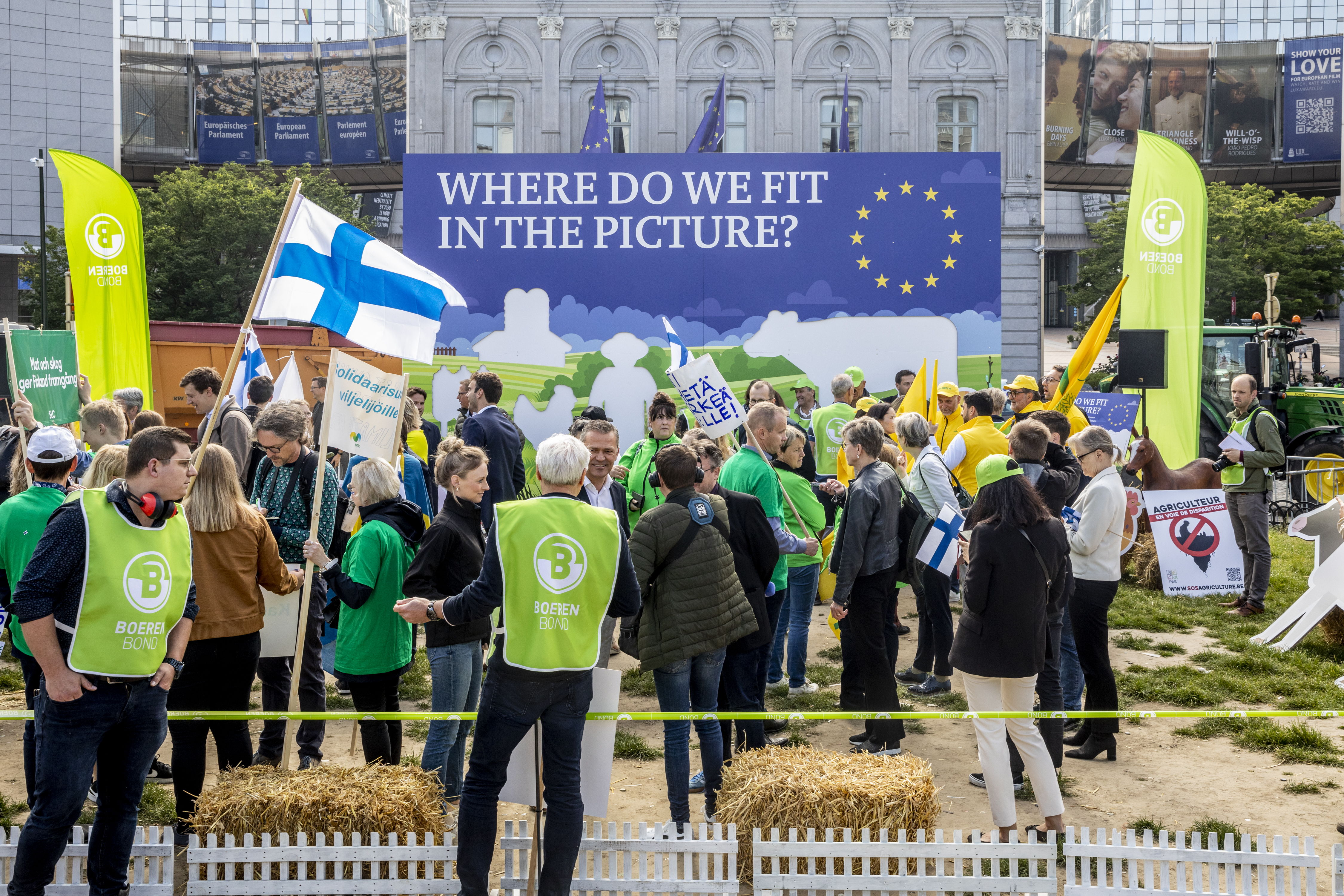EU presidency: ‘We lead the horses to the water, but never drink ourselves’

“Our role is to provide civil society with information and create a network. But we never do any lobbying ourselves. We lead the horses to the water, but we don’t drink.” This is how Jan Buysse, general director of Vleva, describes his organisation, a liaison agency between Flemish civil society and the EU.
Vleva is a unique organisation that brings together about 40 Flemish organisations. They represent different economic sectors, social enterprises, cultural organisations, local authorities and public agencies. Vleva connects them with the EU institutions, allowing them to exchange information and contacts.
It was launched 16 years ago by the government of the Flemish region, which still finances the organisation. Buysse sees a growing interest in the EU. Membership has grown rapidly and the activities are much more intense.
Sense of urgency
Civil society and interest groups “are more and more aware of the importance of the EU”, he says. “They know that sooner or later they will be confronted with decisions taken at EU level, so they realise it’s better to start their homework on time. The sense of urgency is growing: Europe affects us, so we’d better affect them. So, our members take responsibility.”
The Belgian EU presidency, of course, means more attention will be given to the EU in Flanders. But Vleva members are aware of how the EU works, and realise the limits of a presidency. Buysse: “A president has to mediate. As president, Belgium can emphasise its own view less, because it has to find compromises.”
"The sooner we get involved, the better prepared we are and the more we can formulate suggestions"
Nevertheless, members do have their priorities for the presidency. Often, those are small, within a particular niche. One of the major priorities is competitiveness and industrial policy. Following major decisions on climate, environment and energy, Flemish civil society – and the Flemish government – want to check the economic health of local industry. Migration is also high on the list of priorities, as is the internal EU matter of enlargement.
The Schuman district is surrounded by representations and lobby groups. A structure like Vleva is unique. Members come together to analyse the working programme of the European Commission and to see what their priorities are. They look at how to monitor decision making and make contact with key players.
EU policy is internal policy
“Our members know EU policy is internal policy, with direct and indirect effects,” says Buysse. “The sooner we get involved, the better prepared we are and the more we can formulate suggestions.” This will be no different in the coming six months.
This is a special period for the EU. Mandates are coming to an end, so the political agenda is drying up. And at the end of the semester come the EU elections. In Belgium, these are being held on the same day as national and regional elections, and a couple of months before local elections. Vleva sees it as its task to make sure the EU elections get enough attention from media and voters. Because it believes the EU matters.
#FlandersNewsService | © BELGA PHOTO HATIM KAGHAT
Related news

